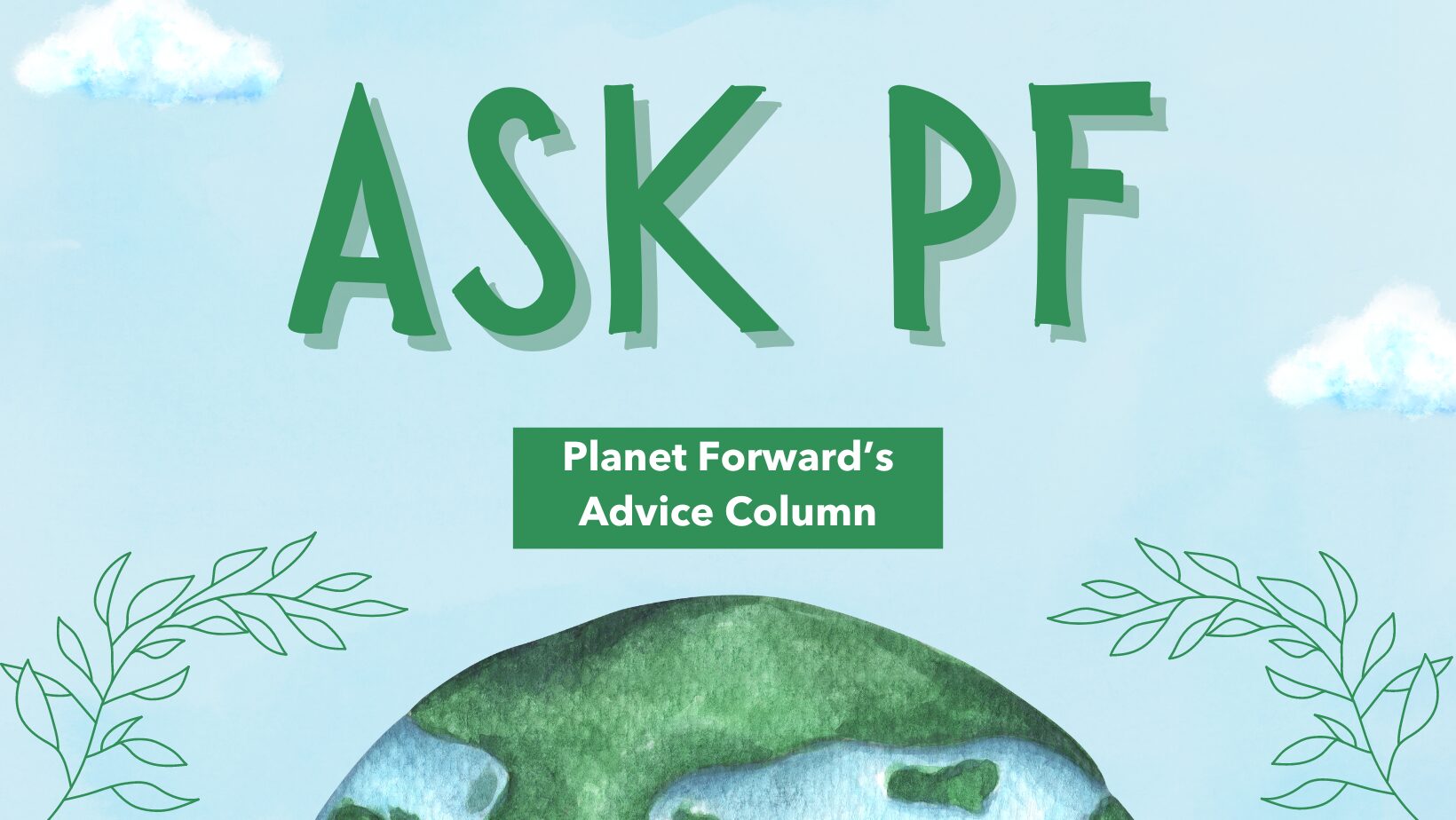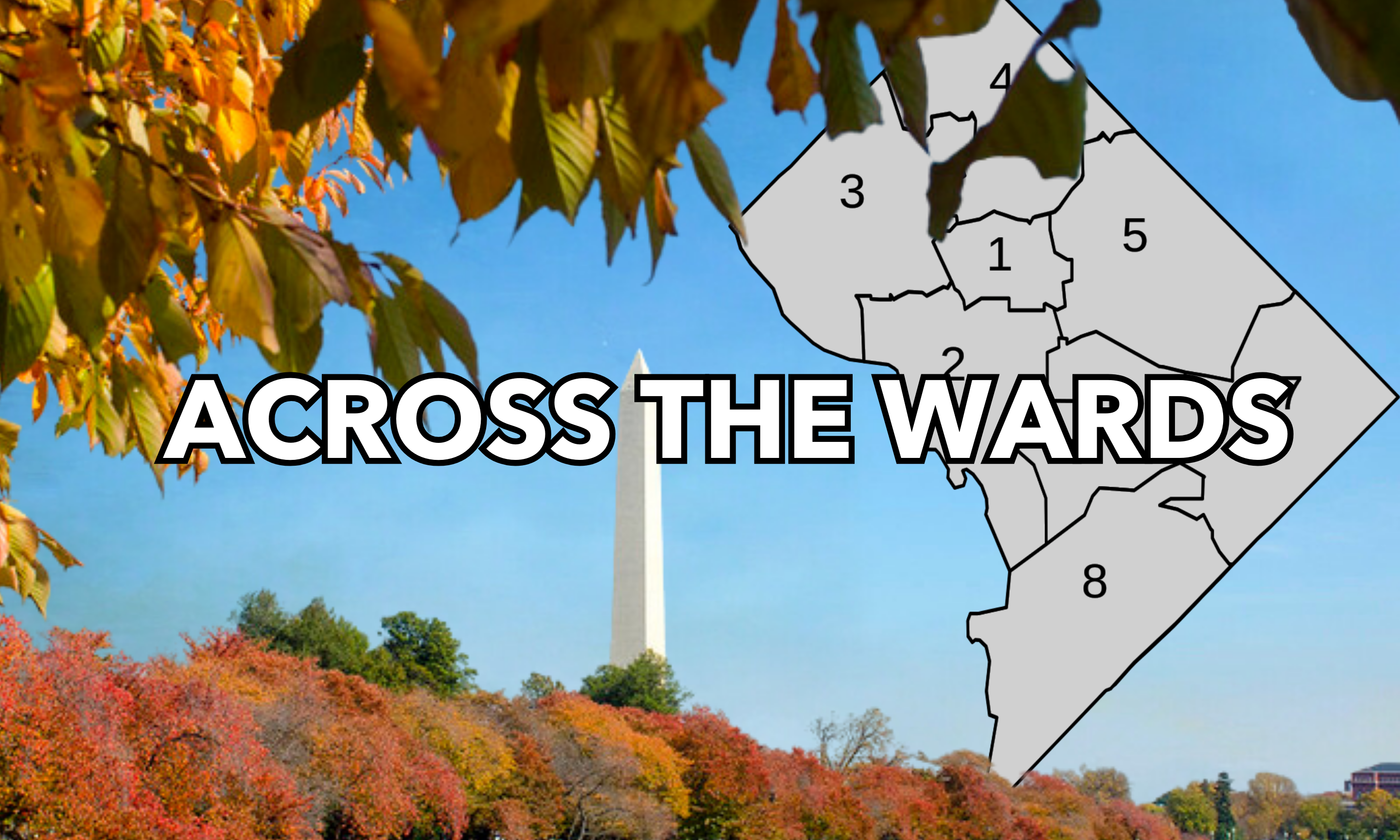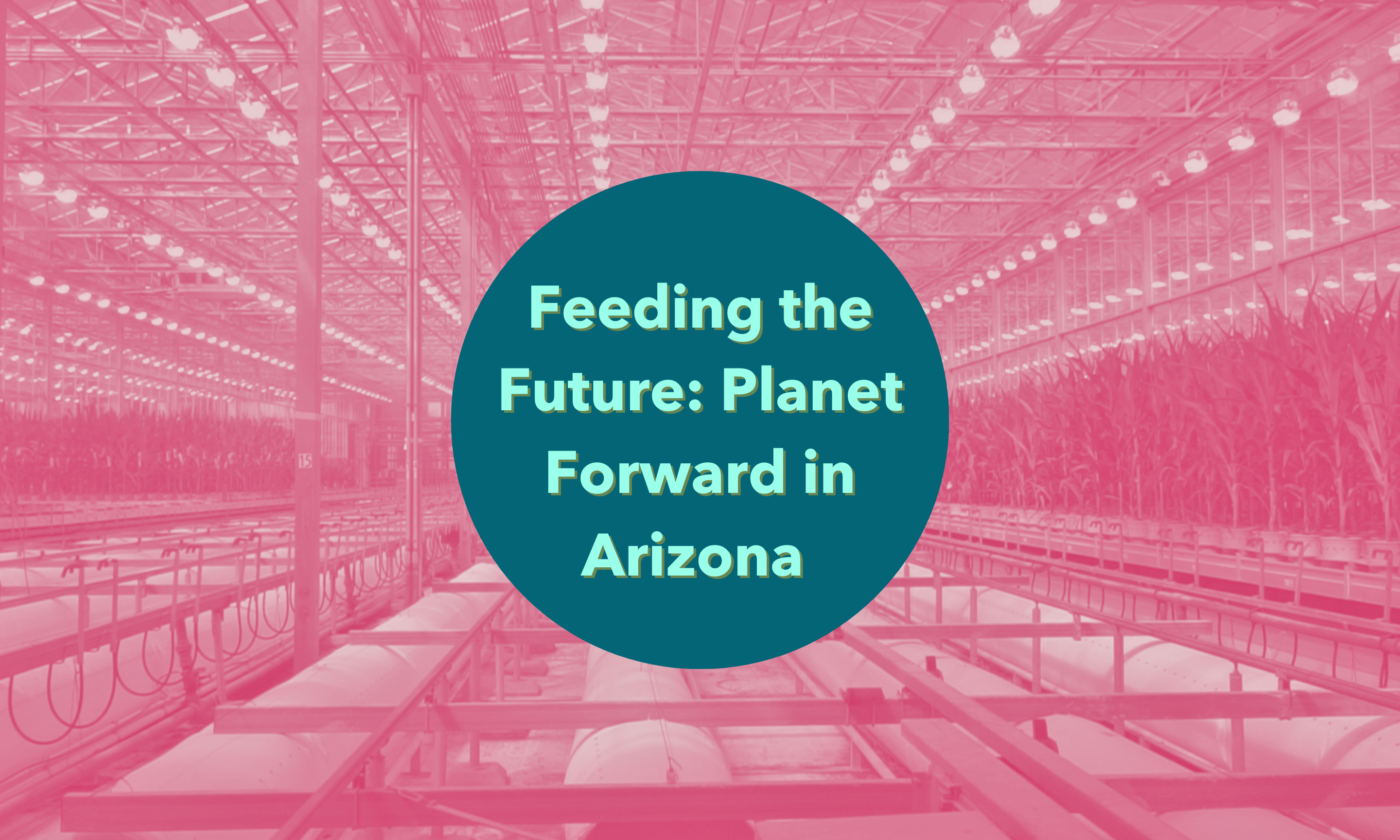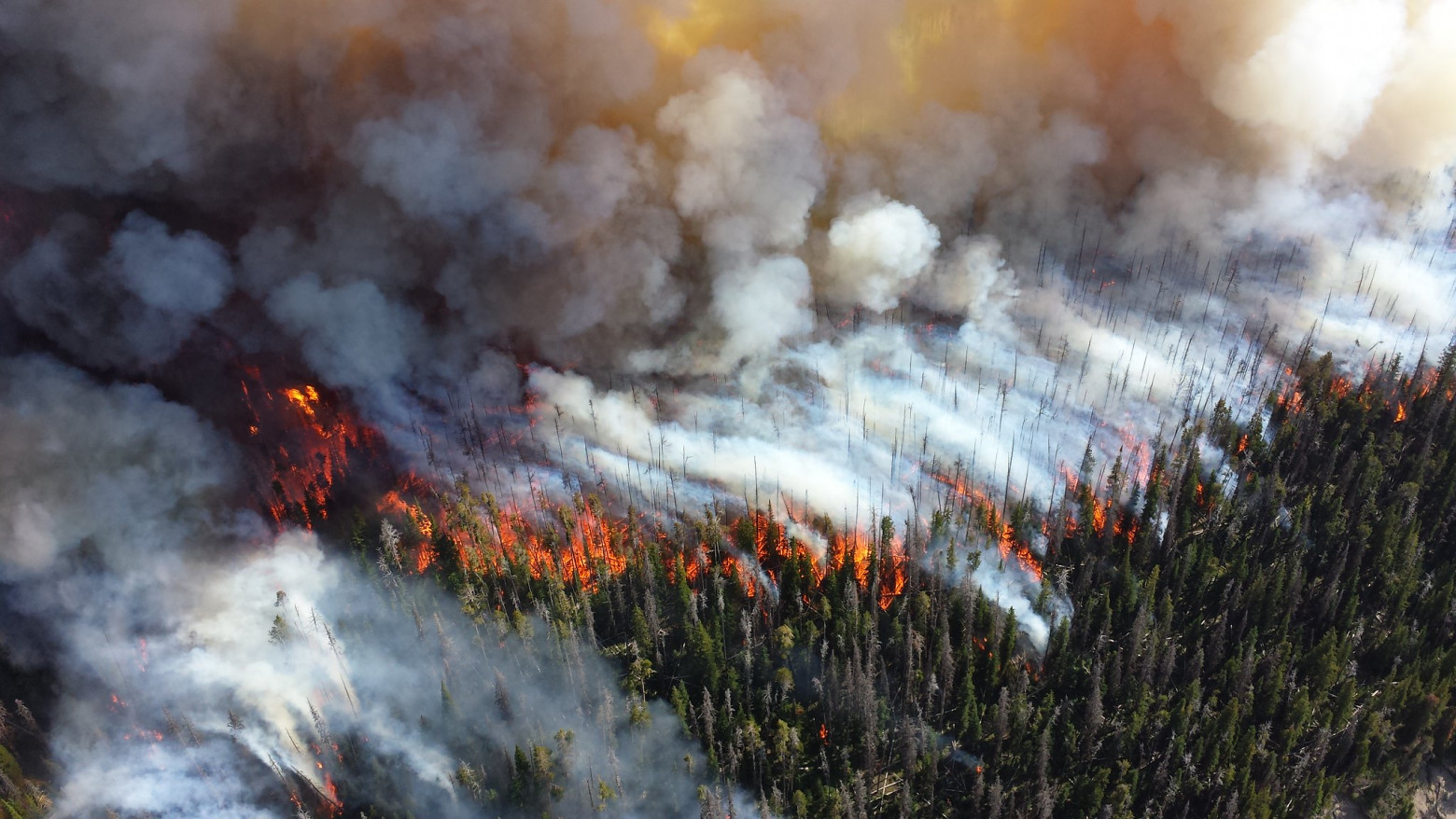Bees On Campus
 It was in 2006 that beekeepers in the United states started to notice mass die-offs in their colonies. Since then, about 10 billion bee hives have been lost completely, leaving us with about 2.5 million honeybee colonies in the United States. Scientists believe this is a result of “colony collapse disorder” which has led to the loss of 20-40% of colonies every year for the past 10 years. Bees are an essential part of the environment and agricultural industry as they are responsible for pollinating plants and producing honey and beeswax that can be used in other products. Commercial beekeepers are inventing all sorts of techniques, like splitting up healthy hives, to keep their colonies growing. However, most environmentalists subscribe to the belief that small, local apiaries can help replenish the bee population and save local environments. The American University Beekeeping Society is one of thousands of individually maintained apiaries in the United States that takes this environmental crisis into their own hands. AUBS’s sustainable practices benefit the bees, the local environment, and the campus community. Honey and beeswax produced by the small colony is used to make bee products like lip balm and honey that the club sell on campus to fun the maintenance of their hive.
It was in 2006 that beekeepers in the United states started to notice mass die-offs in their colonies. Since then, about 10 billion bee hives have been lost completely, leaving us with about 2.5 million honeybee colonies in the United States. Scientists believe this is a result of “colony collapse disorder” which has led to the loss of 20-40% of colonies every year for the past 10 years. Bees are an essential part of the environment and agricultural industry as they are responsible for pollinating plants and producing honey and beeswax that can be used in other products. Commercial beekeepers are inventing all sorts of techniques, like splitting up healthy hives, to keep their colonies growing. However, most environmentalists subscribe to the belief that small, local apiaries can help replenish the bee population and save local environments. The American University Beekeeping Society is one of thousands of individually maintained apiaries in the United States that takes this environmental crisis into their own hands. AUBS’s sustainable practices benefit the bees, the local environment, and the campus community. Honey and beeswax produced by the small colony is used to make bee products like lip balm and honey that the club sell on campus to fun the maintenance of their hive.





















